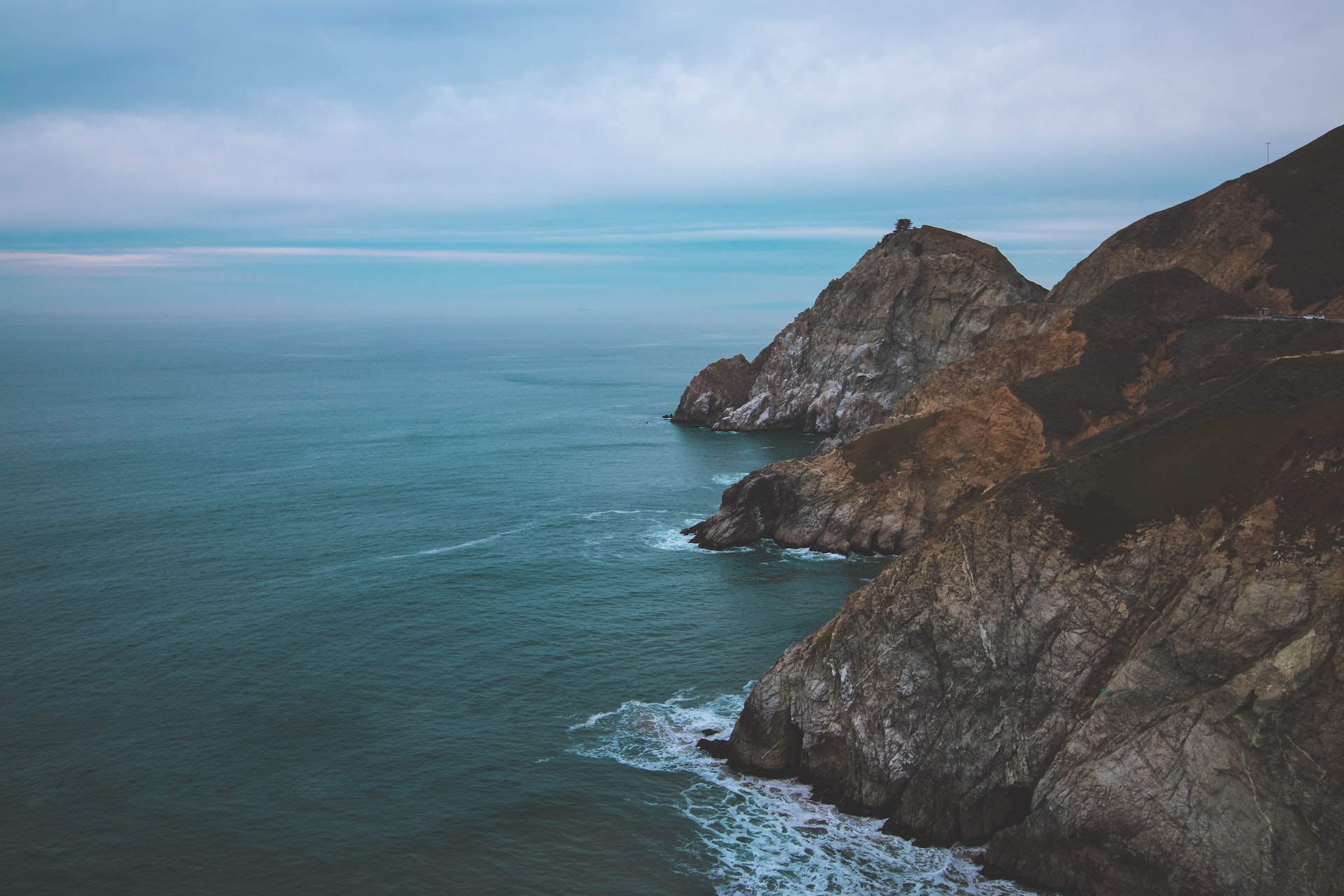by Nicole Yurcaba

In 2018, the election of extreme right-wing presidential Jair Boslonaro massively transformed the face of Brazilian politics. Not only did the Bolsonaro administration’s rule open the floodgates to the destruction of political decorum, it opened a dangerous new pathway in the country’s treatment of its Indigenous peoples. As Fabio Zuker discusses in his book The Life and Death of a Minke Whale in the Amazon and Other Stories, the administration “proudly paraded explicitly anti-Indigenous measures and speeches” and “were clearly talking about genocide.” The administration no longer veiled their hatred for Indigenous peoples, and in Zuker’s book, readers discover how the administration’s policies have radically, and irreparably, reshaped the Amazon’s landscape in the pursuit of one crop–soy.
However, Zuker’s nonfiction book tackles another issue Brazilians and the Brazilian government face–the migration of displaced Indigenous and non-Indigenous Venezuelans into the country. Zuker depicts the overpass near the Manuas Bus Terminal where Venezuelans live and endure daily violent situations which threaten to escalate quickly. In its discussion of the deplorable living conditions the Venezuelans face, the book opens a larger conversation about exile by specifically focusing on the Indigenous Warao. The Warao–skilled fishermen hailing from the area where the Orinoco River and the Atlantic Ocean meet–are the book’s prime example. Because of their displacement, the Warao lose the references–geographic and linguistic–on which they rely, and the Brazilian State is a behemoth which devours them.
Perpetuating the displacement of Indigenous peoples from various regions within the Amazon is a different sort of corporate monster–soy monocropping. Zuker notes how “Soy creates a change in the relationship between people and the land on which they live.” It forces locals to abandon their rural communities for the cities, where many of them live in poverty. The deforestation caused by soy cropping has limited, and in some places even eradicated, the natural resources necessary for Indigenous existence. In carefully detailed first-person narratives and interviews, Zuker clinically highlights how pesticides, specifically glyphosate, have contributed to an increase in mass fish kill-offs in the rivers and a decrease in organic food production. These powerfully written narratives and interviews act as a call to action–to preserve the Amazon landscape and to reestablish and rekindle Indigenous traditions for younger generations. Nonetheless, Zuker does not deny the overwhelming challenges Indigenous peoples face. As Zuker reiterates, no easy answers exist because “plenty of politicians and businessmen, and a significant part of the judicial system insist that there are no Indians remaining in the region.” Thus, the book morphs into an anti-colonial response. Interestingly enough, Zuker also eloquently, but not overtly, calls out the American fast food industry for its reliance on soy.
However, readers can’t ignore the book’s eponymous story, “The Life and Death of a Minke Whale in the Amazon.” This story highlights the 2007 event during which a Minke Whale found itself 1000 miles upriver in the Amazon. The story is insightful, yet delicate–a true standout among the others. It highlights the Indigenous people’s respect for and connection with all of nature’s creatures–even those which “visit” briefly. The story also poses a deeply needed lesson about how to treat those who are different and in need: as the minke whale navigates unfamiliar waters, the Indigenous peoples recognize the whale’s distress and work together to protect the whale and make its brief life in their waters comfortable.
Zuker’s book is a conscientious curation of stories about resistance, resilience, and self-determination against the odds that populist politics and mass consumerism pose to fragile environments and ways of life. It’s a book that readers won’t forget for a while, because it possesses the ability to make readers pause and consider how their actions–such as buying that Big Mac–might affect an ecosystem and a people thousands of miles away from them. Milkweed Editions’ Seedbank hold many notable titles, but with Zuker’s elegant, research-based writing and its advocacy for cultures which most forget exist, The Life and Death of a Minke Whale in the Amazon and Other Stories is truly one of the most notable and commendable.
Nicole Yurcaba (Ukrainian: Нікола Юрцаба–Nikola Yurtsaba) is a Ukrainian (Hutsul/Lemko) American poet and essayist. Her poems and essays have appeared in The Atlanta Review, The Lindenwood Review, Whiskey Island, Raven Chronicles, West Trade Review, Appalachian Heritage, North of Oxford, and many other online and print journals. Nicole teaches poetry workshops for Southern New Hampshire University and is a guest book reviewer for Sage Cigarettes, Tupelo Quarterly, Colorado Review, and The Southern Review.



Add your first comment to this post